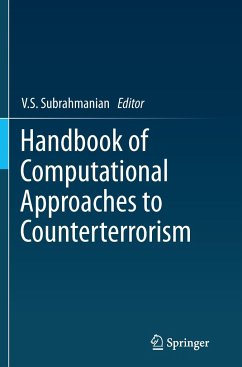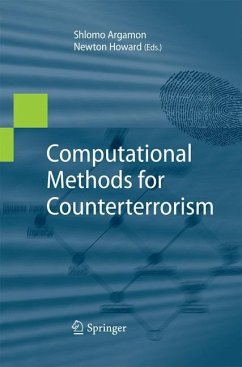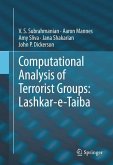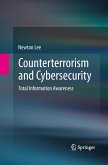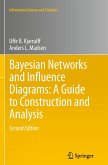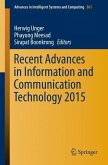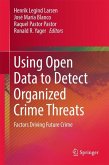Terrorist groups throughout the world have been studied primarily through the use of social science methods. However, major advances in IT during the past decade have led to significant new ways of studying terrorist groups, making forecasts, learning models of their behaviour, and shaping policies about their behaviour.
Handbook of Computational Approaches to Counterterrorism provides the first in-depth look at how advanced mathematics and modern computing technology is shaping the study of terrorist groups. This book includes contributions from world experts in the field, and presents extensive information on terrorism data sets, new ways of building such data sets in real-time using text analytics, introduces the mathematics and computational approaches to understand terror group behaviour, analyzes terror networks, forecasts terror group behaviour, and shapes policies against terrorist groups. Auxiliary information will be posted on the book's website.
Thisbook targets defence analysts, counter terror analysts, computer scientists, mathematicians, political scientists, psychologists, and researchers from the wide variety of fields engaged in counter-terrorism research. Advanced-level students in computer science, mathematics and social sciences will also find this book useful.
Handbook of Computational Approaches to Counterterrorism provides the first in-depth look at how advanced mathematics and modern computing technology is shaping the study of terrorist groups. This book includes contributions from world experts in the field, and presents extensive information on terrorism data sets, new ways of building such data sets in real-time using text analytics, introduces the mathematics and computational approaches to understand terror group behaviour, analyzes terror networks, forecasts terror group behaviour, and shapes policies against terrorist groups. Auxiliary information will be posted on the book's website.
Thisbook targets defence analysts, counter terror analysts, computer scientists, mathematicians, political scientists, psychologists, and researchers from the wide variety of fields engaged in counter-terrorism research. Advanced-level students in computer science, mathematics and social sciences will also find this book useful.

